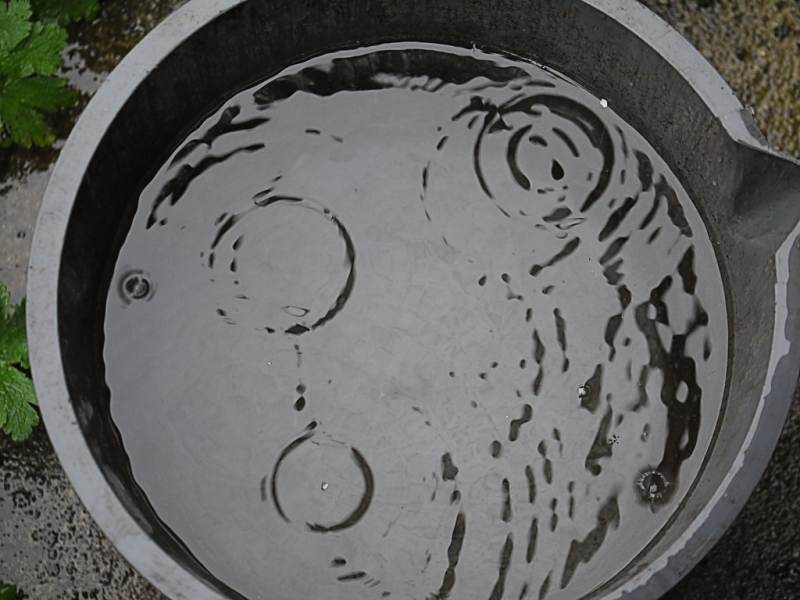
People are recognizing the critical need for meta-research, or the ‘science of science’. One focus area is understanding whether research produces desired outcomes, and identifying how to ensure that truly happens going forward. Research impact assessment (RIA) is particularly important when holding organizations accountable for their management of public and donor funding. An RIA community of practice is emerging.
Are you causing a ripple? For those wanting to lead an RIA effort, the International School on Research Impact Assessment was developed to “empower participants on how to assess, measure and optimise research impact with a focus on biomedical and health sciences.” ISRIA is a partnership between Alberta Innovates, the Agency for Health Quality and Assessment of Catalonia, and RAND Europe. They’re presenting their fourth annual program Sept 19-23 in Melbourne, Australia, hosted by the Commonwealth Scientific and Industrial Research Organisation, Australia’s national research agency.
ISRIA participants are typically in program management, evaluation, knowledge translation, or policy roles. They learn a range of frameworks, tools, and approaches for assessing research impact, and how to develop evidence about ‘what works’.
Make an impact with your impact assessment. Management strategies are also part of the ISRIA curriculum: Embedding RIA systemically into organizational practice, reaching agreement on effective methods and reporting, understanding the audience for RIAs, and knowing how to effectively communicate results to various stakeholders.
The 2016 program will cover both qualitative and quantitative analytical methods, along with a mixed design. It will include sessions on evaluating economic, environmental and social impacts. The aim is to expose participants to as many options as possible, including new methods, such as altmetrics. (Plus, there’s a black tie event on the first evening.)
Posted by Tracy Allison Altman on 19-Jul-2016.
Photo credit: Raindrops in a Bucket by Smabs Sputzer.








